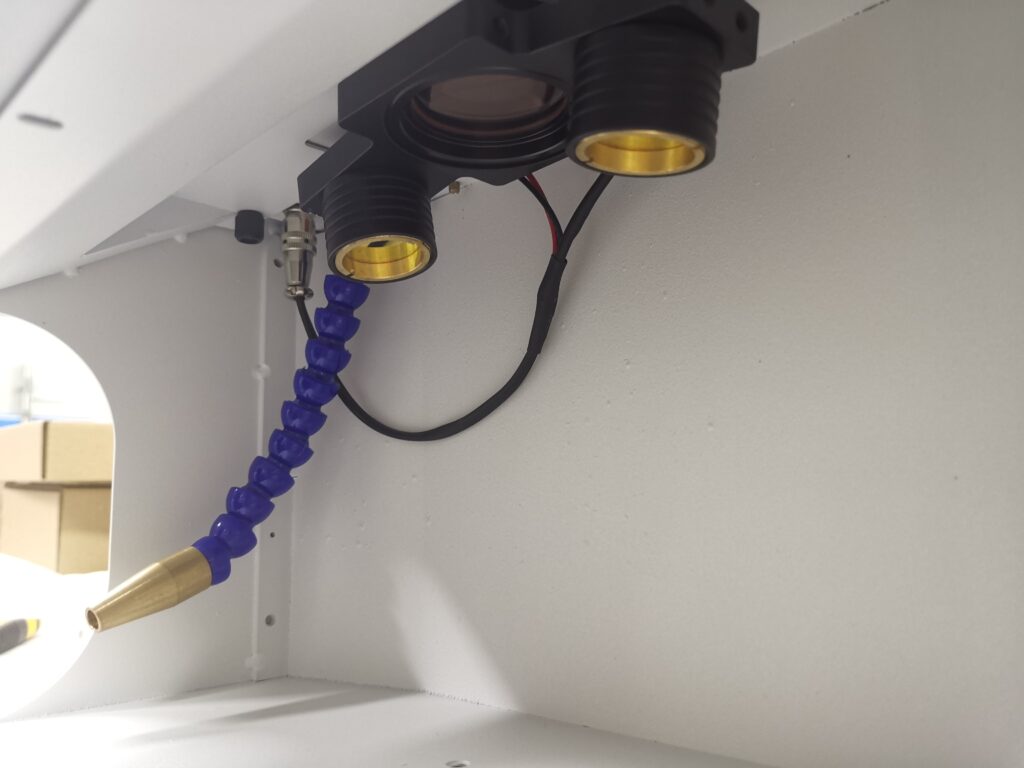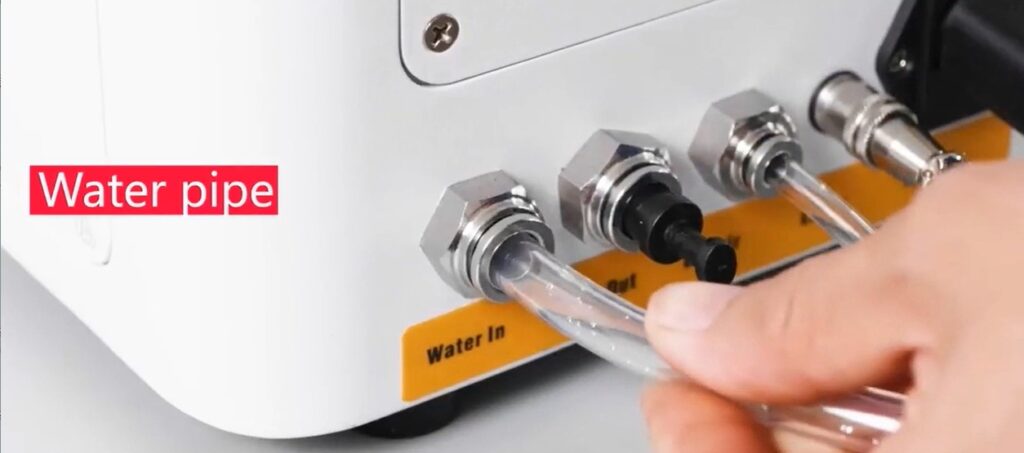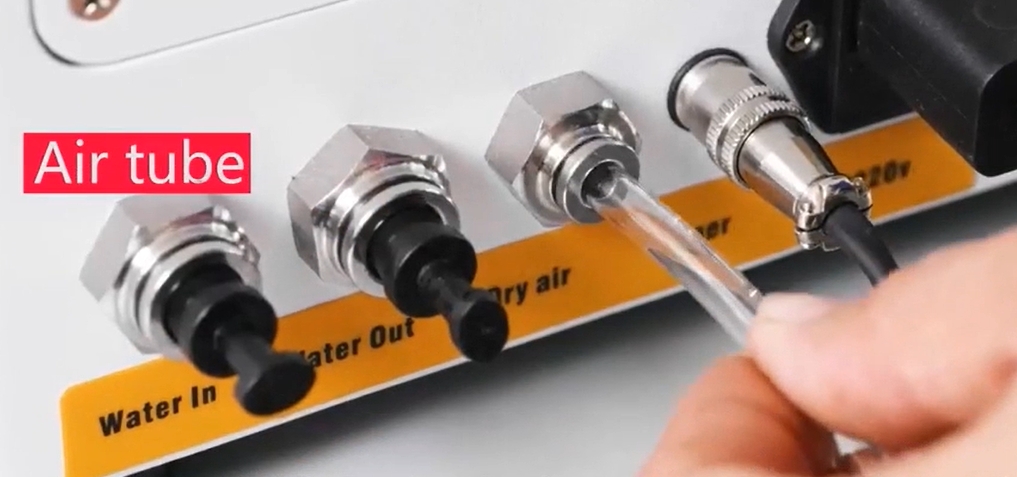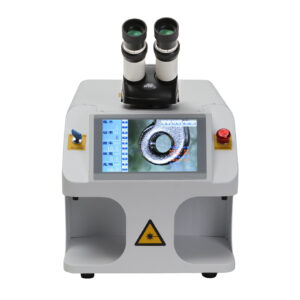Maintaining your jewelry laser welding machine is critical to ensuring its optimal performance and longevity. Here are some basic maintenance tips:
1. Regular cleaning:
Clean the exterior of your laser welding machine regularly with a soft, lint-free cloth to remove dust, dirt, and debris. Avoid using abrasive materials or harsh chemicals that may damage the machine.
2. Optical component maintenance:
Keep optical components (such as protective lenses and mirrors) and the microscope clean and free of contaminants. Use a mild optical cleaner and lens tissue to clean these components and make sure they are free of scratches or smudges.

3. Cooling system maintenance:
Check the cooling system regularly to ensure proper operation. Clean or replace filters as needed to prevent dust and debris from accumulating, which can affect cooling efficiency. Monitor coolant level to ensure cooling effectiveness.
Add the recommended coolant solution to protect the cooling system when the working environment temperature is below 0 degrees Celsius.
The cooling water used must be clean, pure water without impurities, preferably distilled water. And during use, the water needs to be replaced every other month to ensure the cleanliness and output power of the main optical components.
In addition, if the machine is not used for a long time, the water inside needs to be drained out in time.

4. Check the protective gas connection:
If your jewelry laser welder uses a gas supply such as argon or helium, make sure the gas bottle is securely connected and has adequate pressure. Monitor gas flow and replace cylinders if necessary.

5. Alignment check:
Regularly check the alignment of the laser beam. Misalignment affects welding accuracy and quality. Follow the manufacturer’s instructions to align the laser beam and adjust as needed.
6. Calibration:
Schedule regular calibration of your laser welder to ensure it is operating within specified parameters. This helps maintain accurate welding results and prevent weld quality issues.
7. Professional service:
Consider regular professional maintenance by a qualified technician. They can perform comprehensive inspections, alignments and adjustments in addition to routine maintenance.
Training and user knowledge:
Train users on proper laser welding machine operation and maintenance procedures. Users with operational training are more likely to detect potential problems early and take appropriate maintenance steps.
By following these maintenance practices, you can extend the life of your jewelry laser welder, ensure consistent and high-quality welding results, and minimize downtime due to equipment problems.



